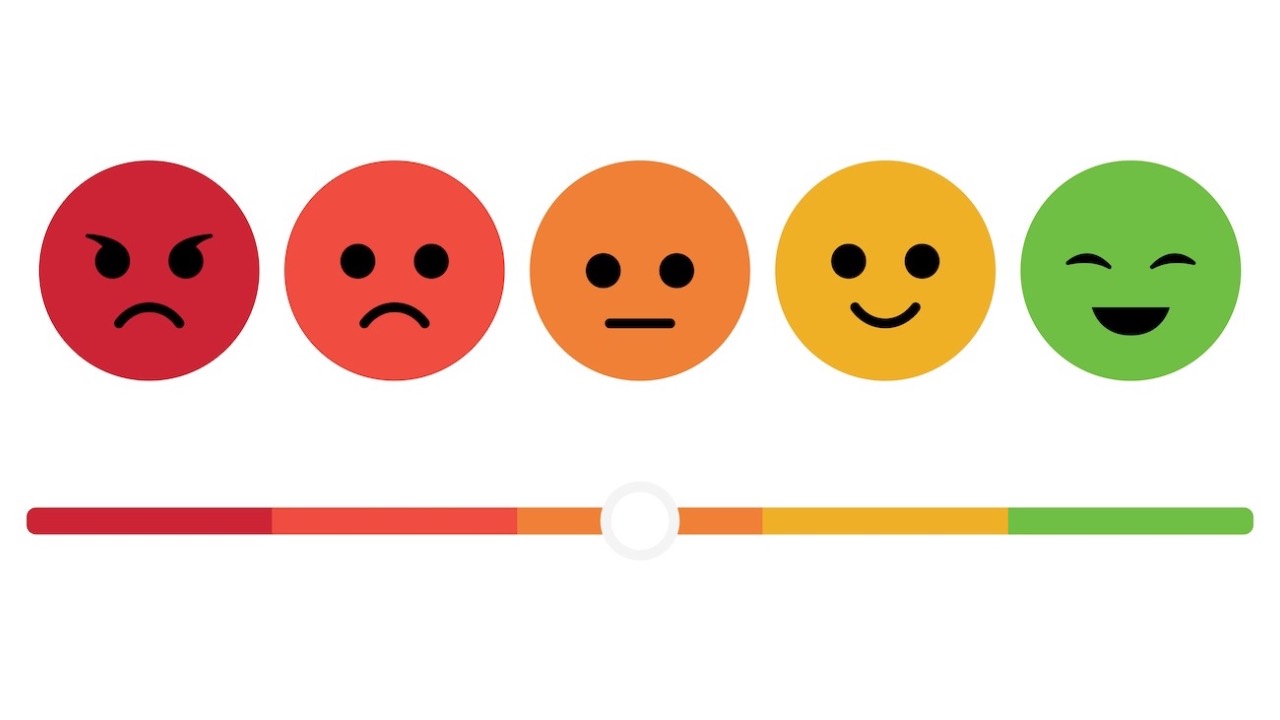The Power of Mindset: Why Attitude Matters More Than Experience
Welcome to this week’s edition of Career Catalyst.
Henry Ford said "Whether you think you can, or you think you can't - you are right."
Most of us think that success depends on skills, experience, and qualifications. While these are important, there’s something even more powerful that determines whether we grow or stay stuck: mindset.
I’ve seen firsthand how the right mindset can open doors, create new opportunities, and accelerate success—even when someone lacks experience. On the flip side, I’ve also seen talented, highly skilled professionals hold themselves back simply because they feared failure.
This week, I want to share a personal story that highlights just how much mindset shapes our ability to step up and succeed.
A True Story From My Career
A few years ago, I ran a project where we had five scrums running. One Thursday morning I got a call from the scrum master to deliver the sad news that she would have to step back from her role due illness.
I was in a bind - I needed someone to step into the role immediately. But I knew I had a strong project manager in the team - someone with more than 10 years of project management experience.
Over coffee I told him the news and asked him to step up and run our five scrums for the next few months. His reply really surprised me.
"I don’t think I can do this. I have no experience as a Scrum Master, I don't understand Agile either."
Despite a decade of experience running projects, he was paralyzed by the fear of failure. He saw the gap in his knowledge as a barrier.
Feeling shocked by the rejection and under pressure I returned to my desk. By now the news had spread. A business analyst in the team asked to speak with me. I knew she had no experience and was hoping she knew someone who did.
But instead she pitched for the role. She was honest.
"I don’t know much about it, but I’ll do some self study tonight and tomorrow. I think I can then step in from Monday."
True to her word, she studied Agile principles and by Monday started managing the scrums. I sat in for two weeks but after two days knew I was not needed.
She was not an expert, but she had a positive mindset and a willingness to learn. And within weeks, she was running the scrums without any assistance.
What made the difference? It wasn’t skill or experience—it was mindset.
Fixed vs. Growth Mindset: The Real Barrier to Success
This story reflects the difference between two mindsets:
✅ A growth mindset sees challenges as opportunities to learn. People with this mindset believe they can improve through effort, so they take action even when they don’t have all the answers.
❌ A fixed mindset sees challenges as threats. People with this mindset believe ability is fixed, so they avoid new situations where they might fail.
The project manager who turned down the opportunity had a fixed mindset—he saw his lack of experience as a reason not to try. The business analyst, on the other hand, had a growth mindset—she saw the challenge as a chance to learn and grow.
Which mindset do you think leads to more opportunities, more confidence, and more career success?
Reframing Fear: How to Take Action Even When You Feel Unprepared
If you’ve ever hesitated to take on something new because you didn’t feel “ready,” you’re not alone. Fear of failure is natural. But the key is to reframe how you see it.
Here’s how:
🔹 Realize that no one ever feels 100% ready. If you wait until you feel completely prepared, you’ll miss out on opportunities. Because you never will be.
🔹 Focus on learning, not perfection. You don’t need to be the best—you just need to be willing to start - "fake it till you make it".
🔹 Break it down. Instead of feeling overwhelmed, ask yourself: What’s the first step I can take today?
🔹 Take action before you feel confident. Confidence comes from doing, not from waiting. Waiting saps confidence.
The Lesson for All of Us
The biggest barriers to success are rarely external—they’re in our own minds.
The junior team member who stepped up as Scrum Master wasn’t more qualified. They simply believed they could learn, so they did. The project manager who turned down the opportunity was more experienced, but they believed they would fail—so they never even tried.
So, the next time an opportunity comes your way and you feel that hesitation creep in, ask yourself:
👉 Am I really unqualified, or am I just afraid?
👉 What’s the worst that could happen if I try?
👉 What’s the best that could happen if I do?
Because in the end, success doesn’t go to the person with the most experience—it goes to the person who’s willing to try.
Final Thought
If you’ve been holding yourself back because you don’t feel “ready,” I challenge you to take one step forward this week. It doesn’t have to be big—it just has to be something.
Because growth doesn’t come from waiting. It comes from doing.
Thanks for reading. If you have an interesting insight feel free to share it in the comments section.
If this newsletter has been forwarded to you, and you’d like to receive future editions directly, you can subscribe here on my website.
I’d love to have you join the Career Catalyst community.






Responses